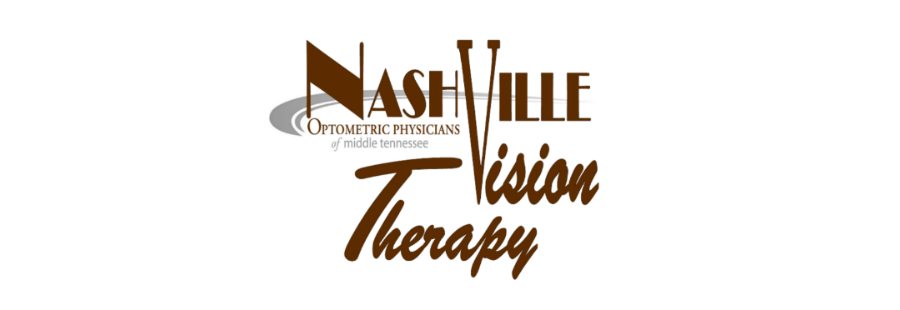Myth: If you have 20/20 eyesight, you have perfect vision.
Fact: When your child does a school screening and passes
with visual acuities of 20/20, it does NOT mean they have good vision. The
visual acuities have nothing to with how well the eyes function together and
how they interpret or process what they see. The eye chart does not measure
peripheral vision, depth perception, color perception or eye-hand coordination
which is all part of vision. Eyesight and vision are different.
Myth: Vision Therapy is for kids.
Fact: No, vision therapy is for children and adults. Vision
therapy is actually more effective for adults because they are usually highly
motivated to improve their visual abilities. For adults, it is common to have
visual problems with activities up close like reading, using the computer, or
writing. If an adult performs these
activities daily and their eyes do not work well together for long periods of
time, then it is not uncommon for them to experience eye strain or eye
fatigue.
Myth: If a child has a short attention span and behavior
problems, then they most likely have ADD/ADHD.
Fact: Sometimes when a child exhibits behavior such as
impulsivity, hyperactivity and distractibility they are diagnosed with ADD/ADHD,
but they might actually only have a learning difficulty because their eyes
might not be working together and it is hard for them to focus and learn. A
child might have a short attention span due to the fact they have a hard time
focusing on their work because of a vision problem. According to the website
covd.org, “A recent study by researchers at the
Children's Eye Center,
University of San Diego, uncovered a relationship
between a common vision disorder, convergence insufficiency, and ADHD. The study
"showed that children with convergence insufficiency are three times as
likely to be diagnosed with ADHD than children without the disorder."
Before an ADD/ADHD diagnosis is made, please consider getting your child a
comprehensive eye exam.
What other myths have you heard about Vision Therapy? Let us know and we will give you some more facts.

